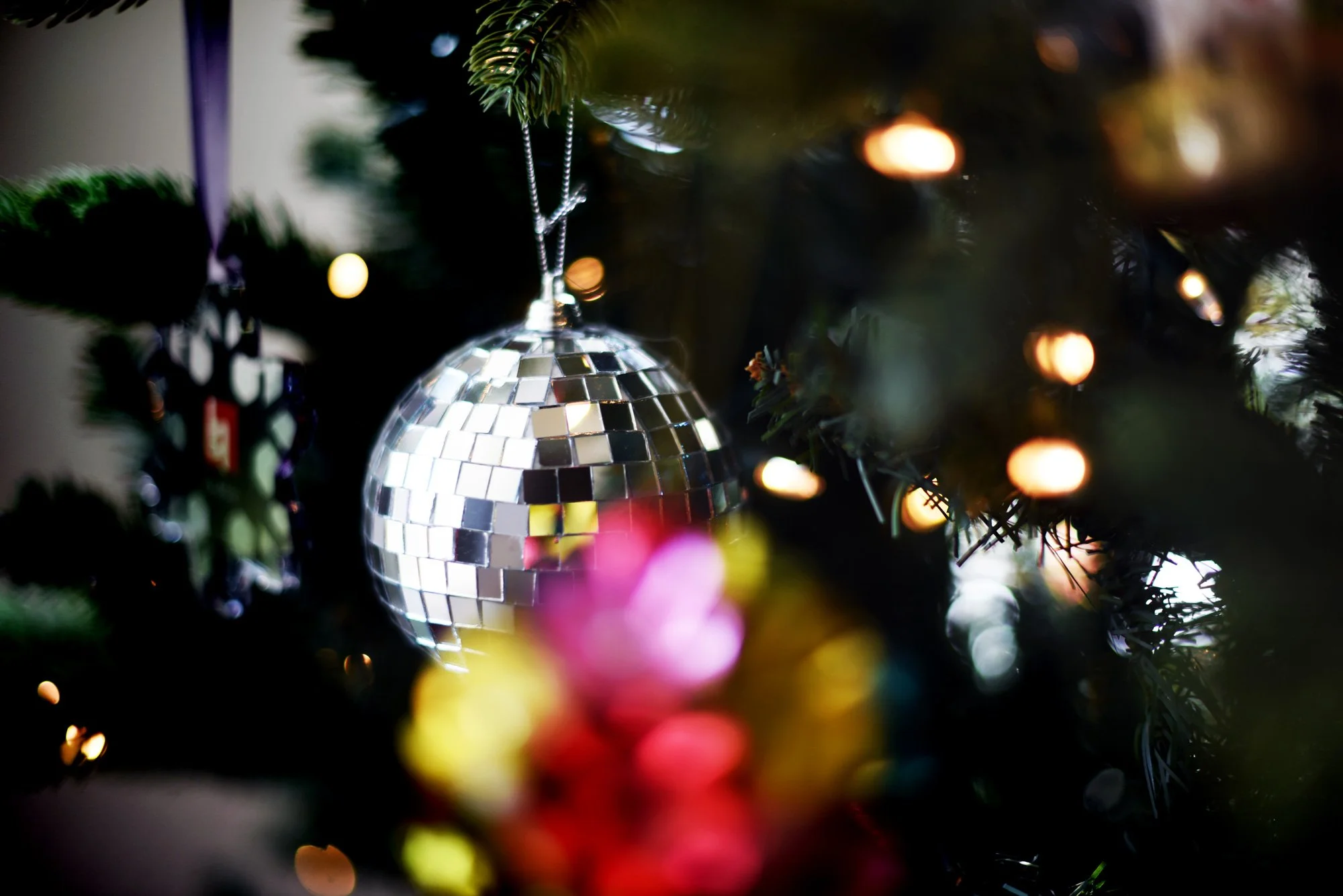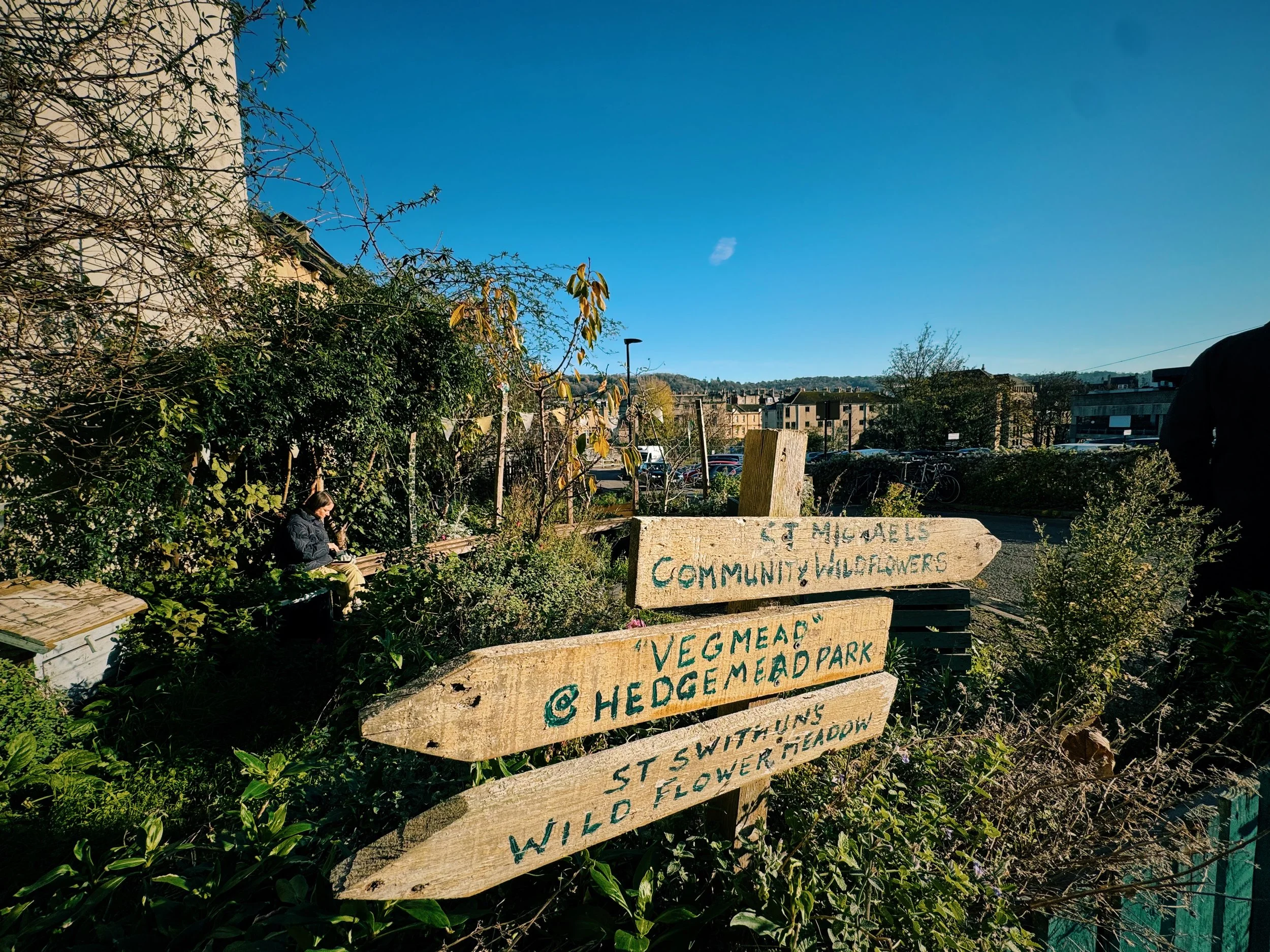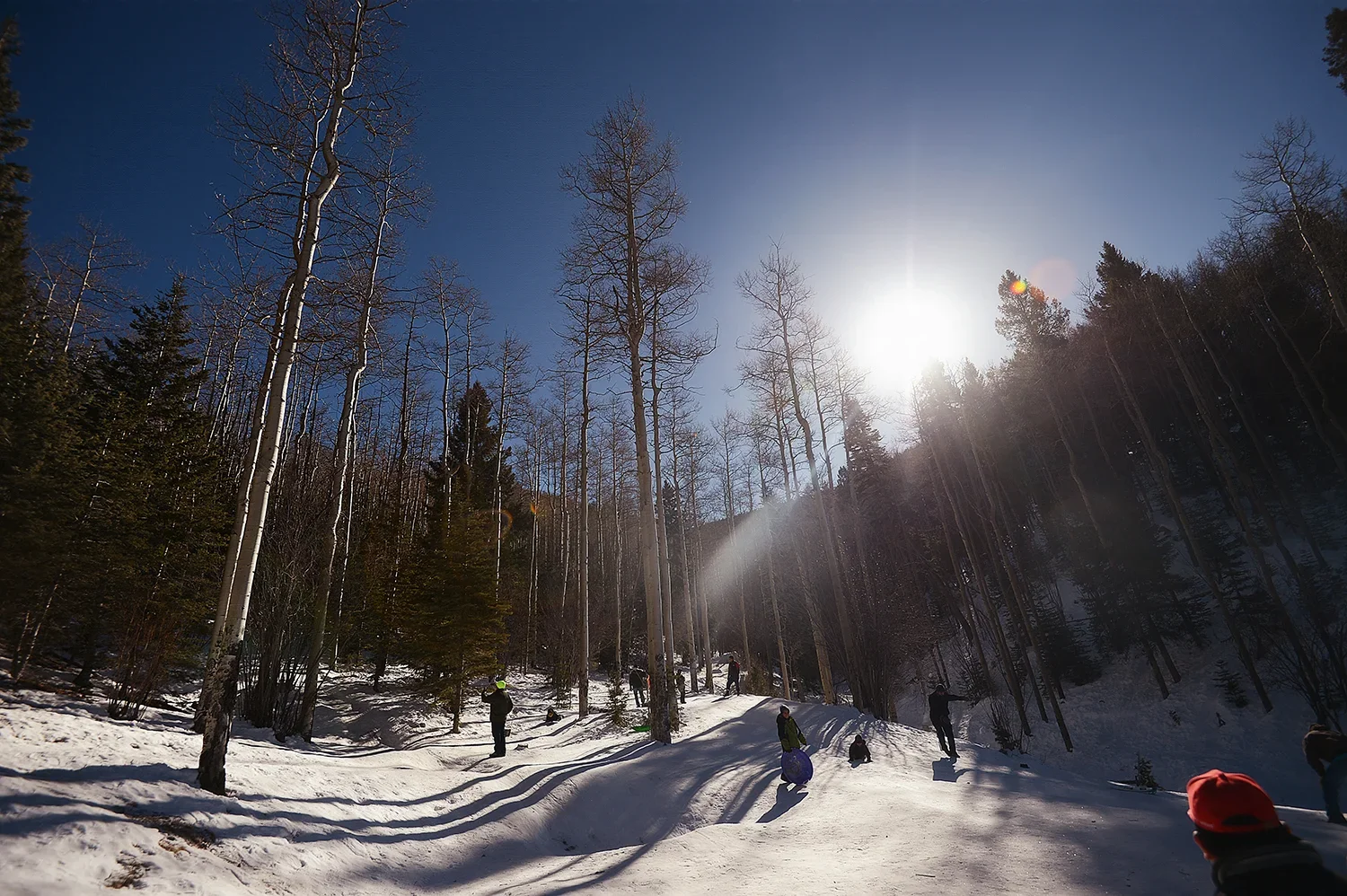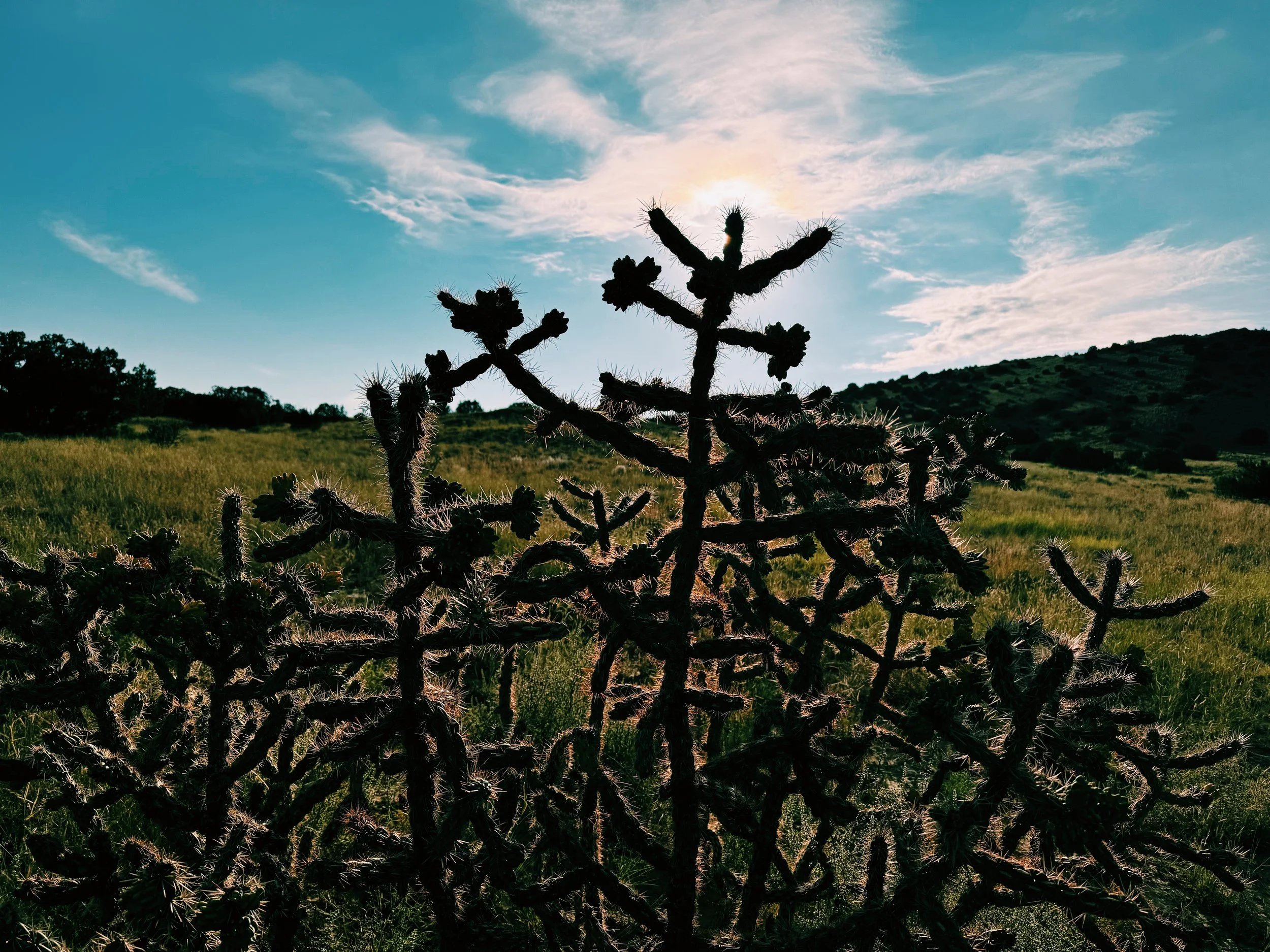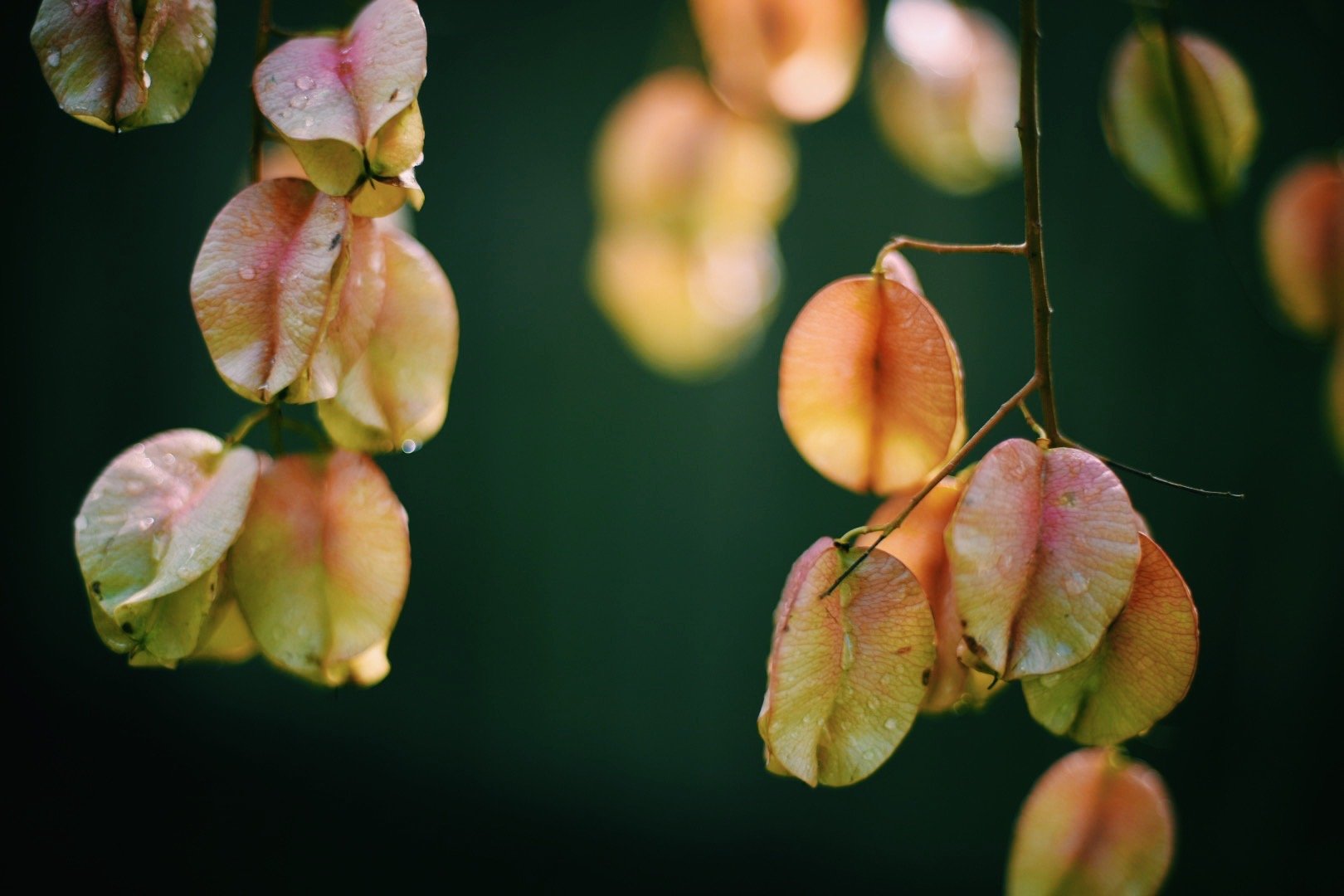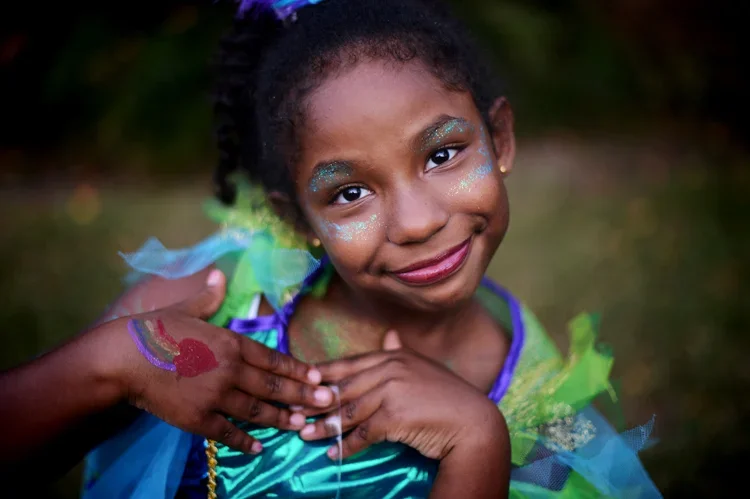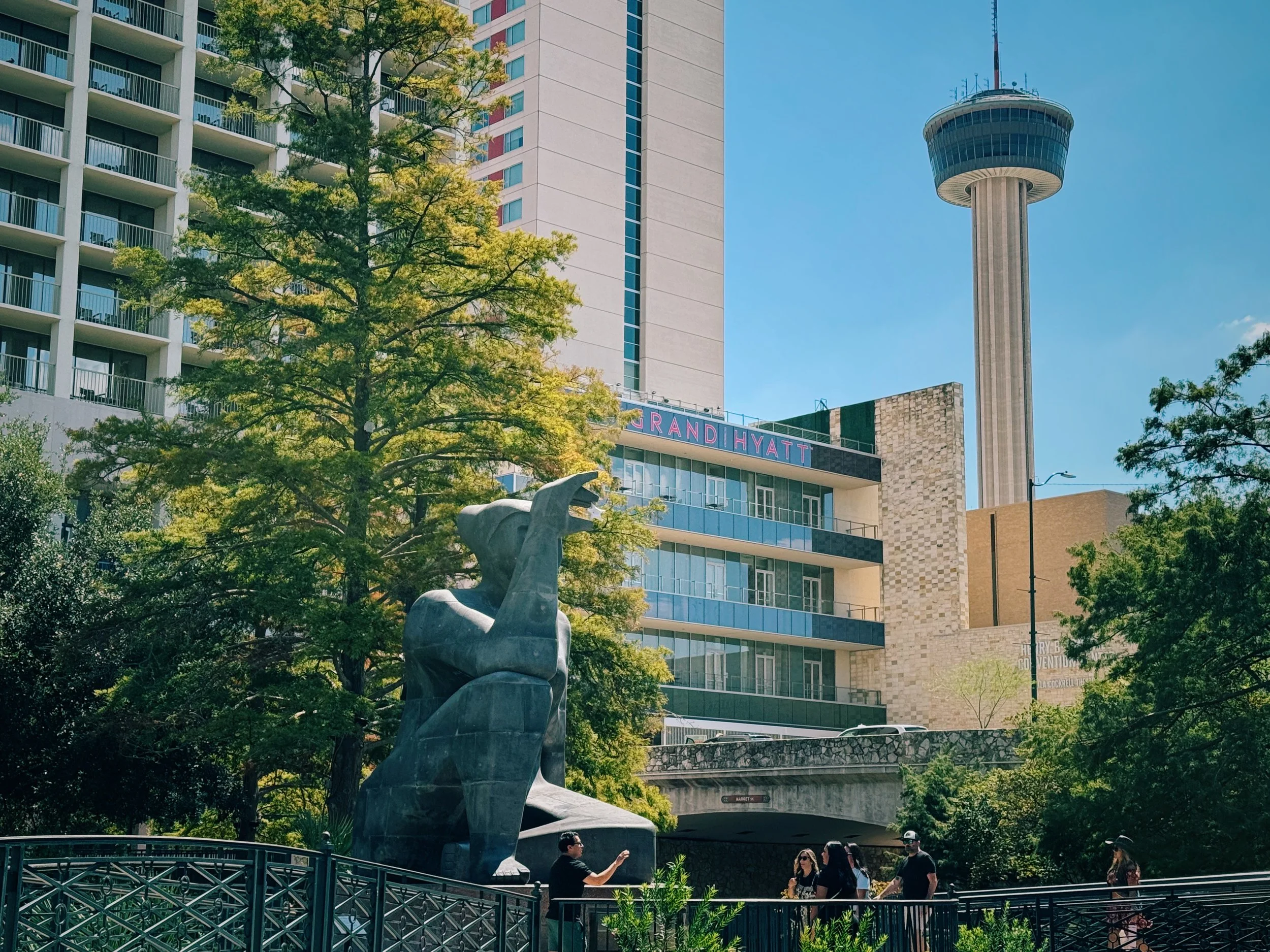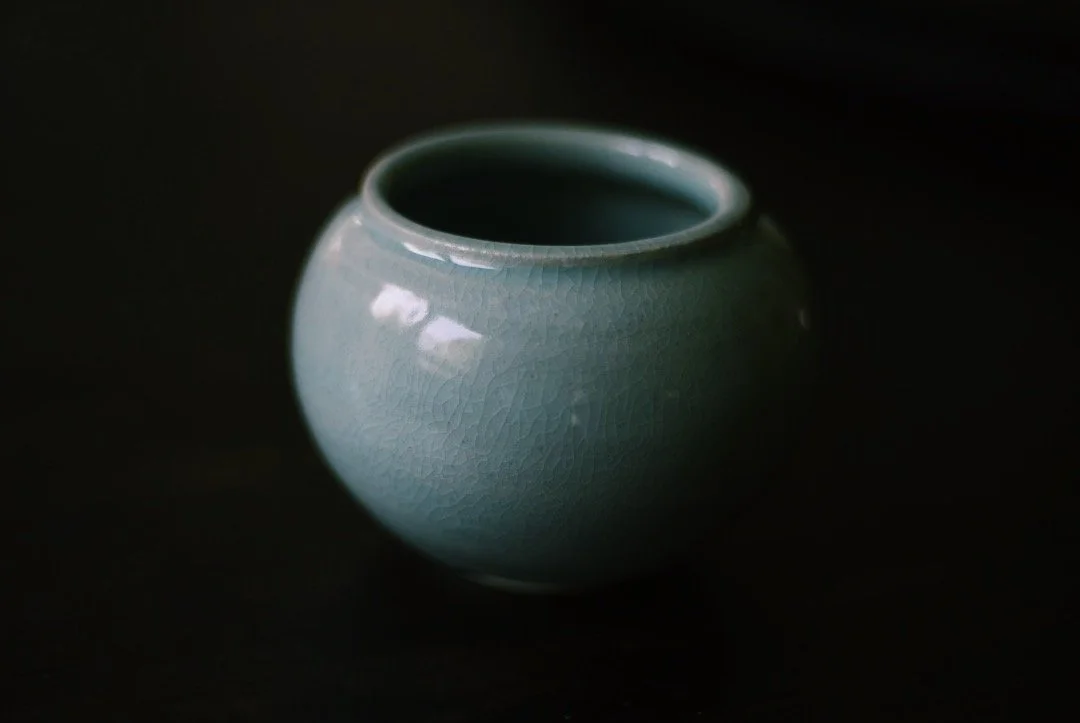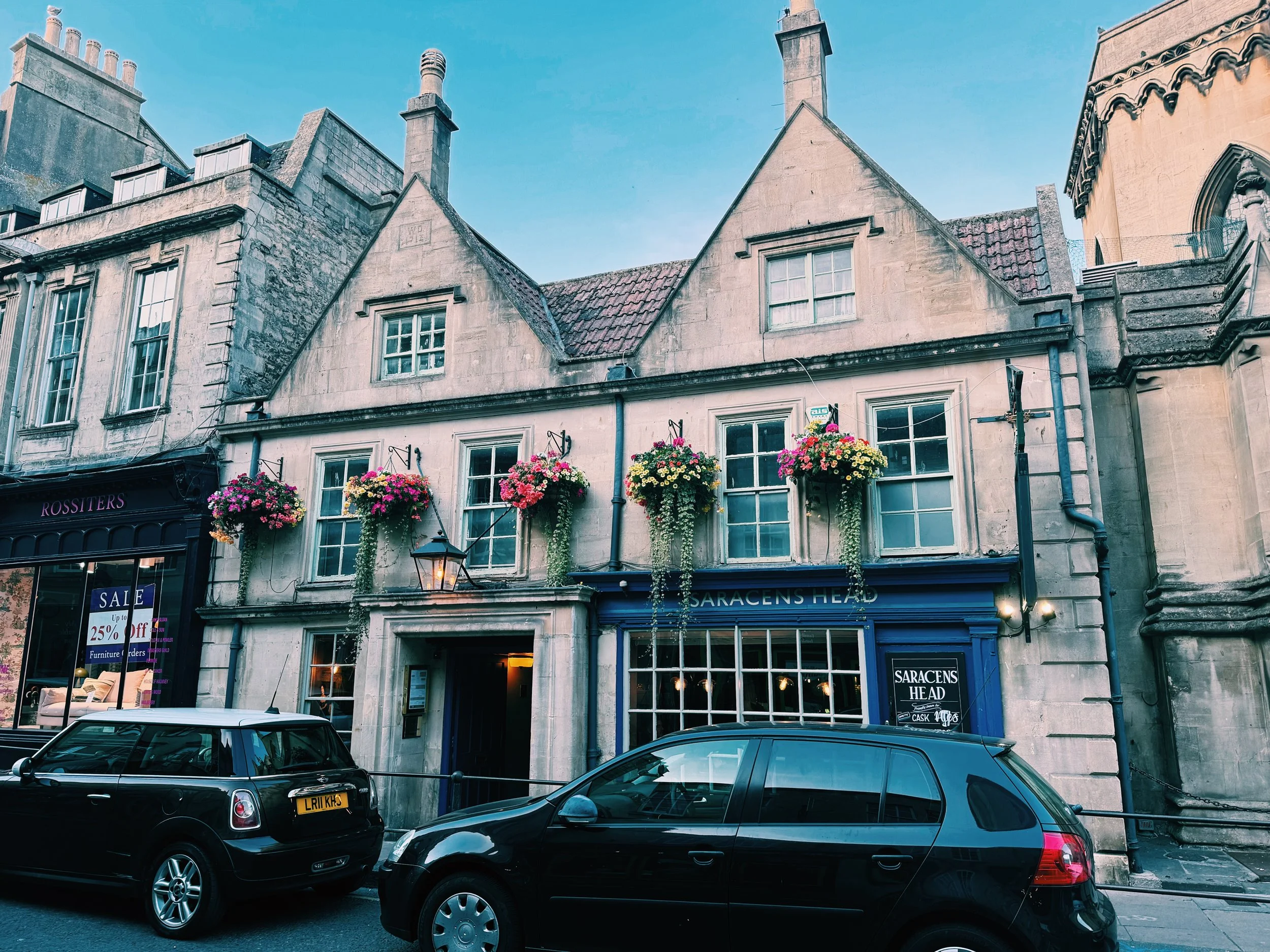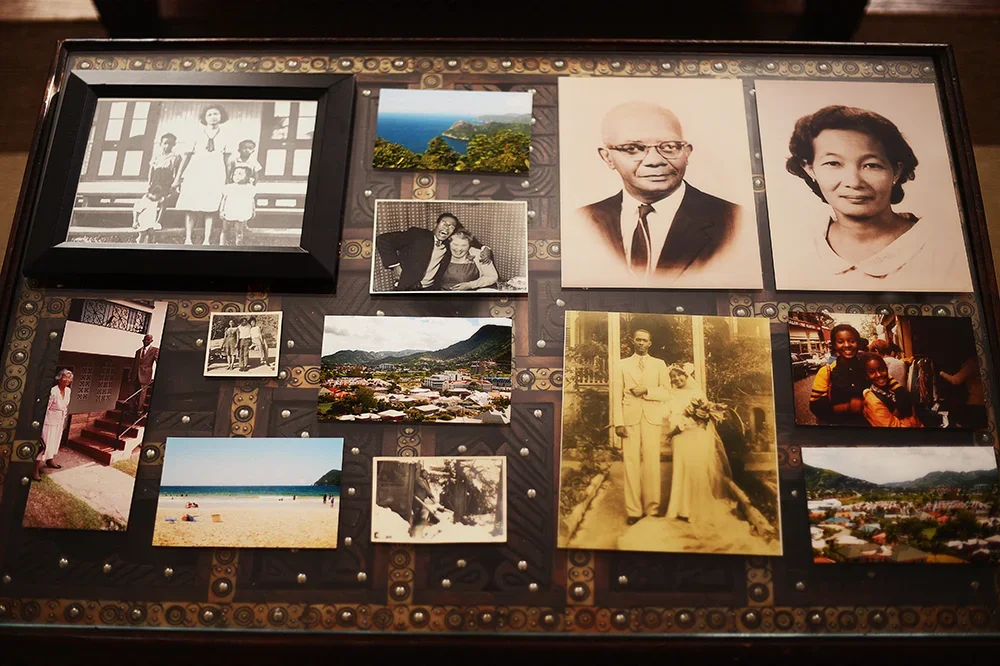celebrating the light
As someone who is all about the light (see: The Lightmaker’s Manifesto, Radiant Rebellion, et al.), it’s probably no surprise that I’m really fond of Christmas. A holiday where folks bring trees into their home and drape them in tinsel, and neighbours string lights all over their homes? Yes, please. And that’s before we even get to the part where it’s a celebration of love manifest in human form: a baby born into humble circumstances. In a world where being mean and cruel to each other feels more and more de rigueur, I’m all for anything that celebrates love and light.
But this year, I’ve been thinking about how the celebration of light is universal — it’s not like Christians are the only folks for whom lights are the central part of their celebration. For example, being from Trinidad, I have huge love for Diwali (or Deepavali), a religious festival associated with Hinduism, Sikhism and Jainism, and which celebrates “ the spiritual victory of light over darkness, good over evil, and knowledge over ignorance." As a child, every year I’d marvel at homes covered with diyas, candles made with small handmade clay bowls and wicks — hundreds of them placed on front steps and porch banisters and even the eaves of the houses of those who celebrated. Just glorious. Or then there’s the Muslim festival of Eid al-Fitr, a celebration of joy marking the end of the fasting month of Ramadan, and typically celebrated by illuminating your home with indoor lights. Or, of course, the Jewish holiday of Hanukkah, considered another “festival of lights,” and a reminder that even in the darkest of times, miracles can occur. (One of my fondest memories of Hanukkah was from a few years ago, when my dear friend, Asha, and her family stayed with us. We shared all of our Christmas traditions with them, and they shared their Jewish traditions with us, including the lighting of the menorah, and spinning the dreidel and dear God, those amazing latkes Asha made. It was one of the best holidays we’d ever had.) Or, how about the Chinese Lantern Festival, originating from Buddhism, and during the Han dynasty the festival was connected to Ti Yin, the deity of the North Star. The festival is said to celebrate "the declining darkness of winter" and the ability to "move about at night with human-made light" — namely, lanterns. (A celebration of our ability to make light? HELL. YES.)
Then there’s Kwanzaa, Candlemas — honestly, the list goes on and on. Knowing that there are so many faiths and cultures out there who lean into the lessons of the light is buoying, especially during these sometimes really challenging days. That there are hundreds of thousands of people around the world who celebrate goodness and light makes me feel … well, lighter. Hopeful, even.
So here’s my point, my friends: whether or not you celebrate Christmas or honestly, any of these celebrations, I hope you take a moment during this, the darkest days of the year, to celebrate the light. I hope, whether you’re surrounded by friends and family today, or are instead enjoying sweet solitude, you are reminded of the good in the world. Of the way that love, inevitably, must win. I hope, wherever you are, you’re taking the cue from our Nordic kin, and finding a way to bring the light (and the cozy) into your space (my friend Meagan has tips on how). And I hope you remember despite the darkness in the world, with a little effort, we can always find the light.
Merry Christmas, friends, and Happy Holidays. Wishing you warmth and light, from our family to yours.

